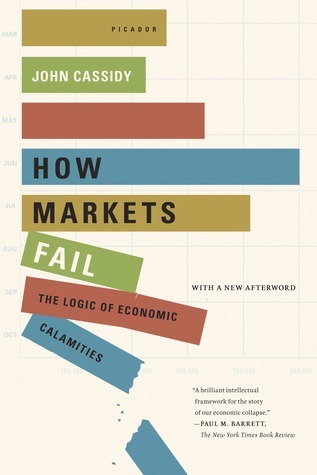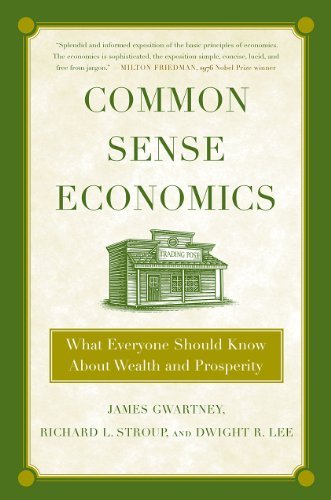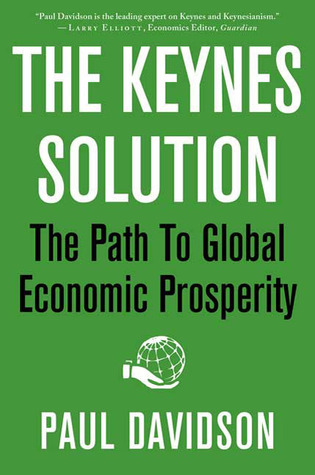
How an Economy Grows and Why It Crashes
Book Description
What if the very foundations of your financial security are built on an illusion? In "How an Economy Grows and Why It Crashes," Peter D. Schiff uncovers the hidden mechanics of economic booms and devastating busts in a captivating exploration of the forces that shape our financial world. With striking clarity, he dissects the intricate dance between production, consumption, and the role of government, revealing the perilous cycles that can lead to calamity. As tensions mount between free markets and central control, one question looms: will humanity learn from the past, or are we doomed to repeat our mistakes?
Quick Book Summary
"How an Economy Grows and Why It Crashes" by Peter D. Schiff offers a lucid, engaging explanation of fundamental economic principles and the underlying reasons for boom and bust cycles. Through a fable-like narrative set on an island, Schiff illustrates how savings, investment, and production drive economic growth, while government intervention, misguided monetary policies, and excessive debt can destabilize economies. Schiff demystifies complex topics such as inflation, credit, and banking, making them accessible to readers without a background in economics. By exposing the dangers of overreliance on fiat money and central planning, the book challenges popular misconceptions and highlights the value of sound fiscal policy and free-market mechanisms. Ultimately, Schiff warns that repeated mistakes could lead to severe consequences unless individuals and governments learn from history.
Summary of Key Ideas
Table of Contents
The Importance of Savings and Investment
Peter D. Schiff builds his explanations upon a simple, allegorical story: a group of islanders gradually progress from subsistence fishing to economic complexity. This fictional economy illustrates the importance of production—growing wealth by making more while using resources wisely. The first leap in economic growth comes when an islander creates a fishing net, boosting productivity and allowing savings to accumulate. Savings, Schiff explains, are the foundation of investment and future prosperity rather than mere consumption.
The Dangers of Government Intervention
As the island economy matures, Schiff shows how credit and lending can further stimulate growth by channeling saved resources into productive uses. However, problems arise when credit is not backed by actual savings, but rather by fiat promises. The narrative introduces banking and government, who begin distorting the market by artificially inflating currency and extending credit unbacked by real resources. Inflation emerges as the government prints more money, eroding the value of savings and creating blame-shifting cycles where underlying issues are hidden under the guise of boosting demand.
The Reality of Inflation and Debt
The story highlights the dangers of excessive government intervention. Policies designed to stimulate the economy—such as artificially low interest rates, bailouts, or increased public spending—often create short-term growth at the expense of long-term stability. Schiff insists these interventions encourage risky investment, misallocation of resources, and unsustainable debt, setting the stage for inevitable crashes. People become reliant on government support, while real productive activity stagnates, fostering dependency and economic imbalance.
How Booms Turn into Busts
Schiff makes the mechanics of boom and bust cycles clear: expansion fueled by cheap credit inevitably ends with painful contraction. When debt-fueled growth exceeds real productive capacity, economic bubbles form. The inevitable popping of these bubbles results in painful recessions or depressions, which, while damaging, are necessary to correct unhealthy imbalances. Attempts to avoid these corrections through further intervention only exacerbate the problems, creating a cycle of escalating crises.
Lessons from Economic History
Ultimately, Schiff urges both individuals and policymakers to learn from past mistakes and embrace principles of sound money, savings, and market freedom. He stresses that ignoring economic fundamentals and resorting to easy fixes risks severe, systemic failures. Only by understanding the true drivers of growth—and respecting the dangers of debt and intervention—can societies hope to maintain lasting prosperity and avoid repeating the costly failures of the past.
Download This Summary
Get a free PDF of this summary instantly — no email required.





